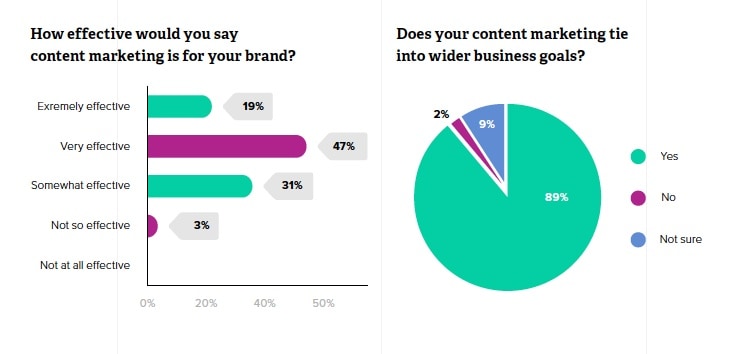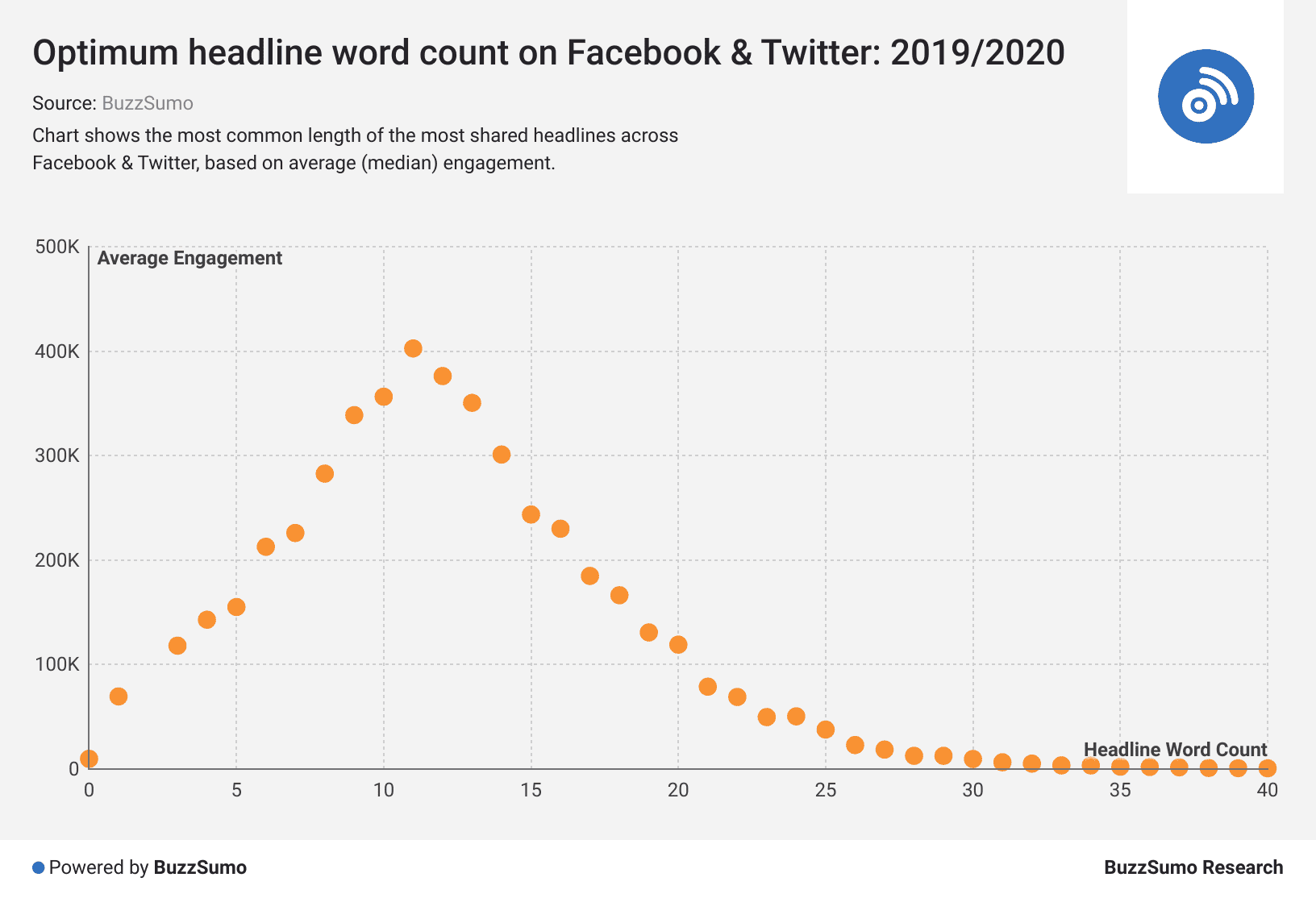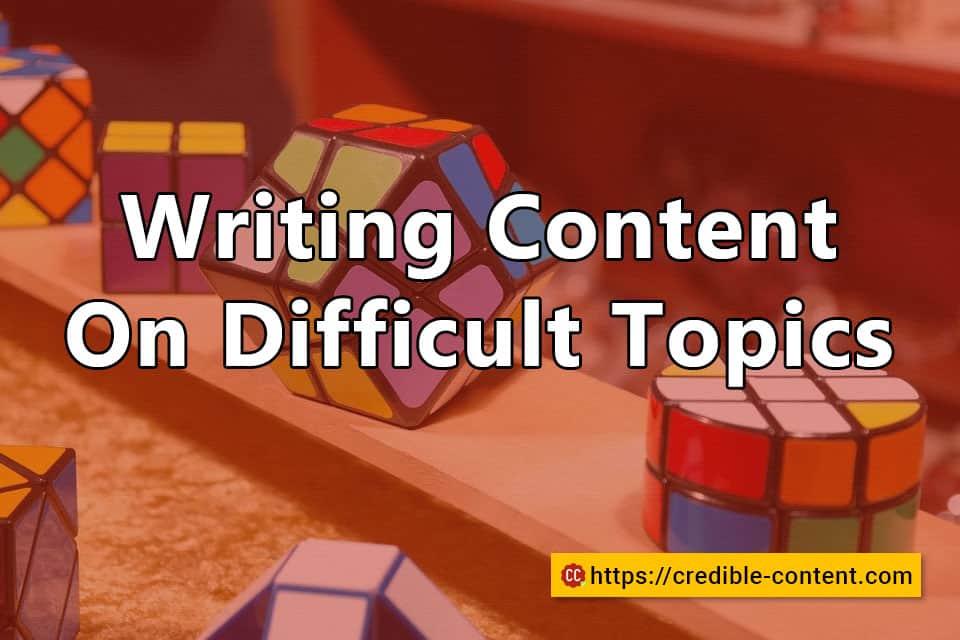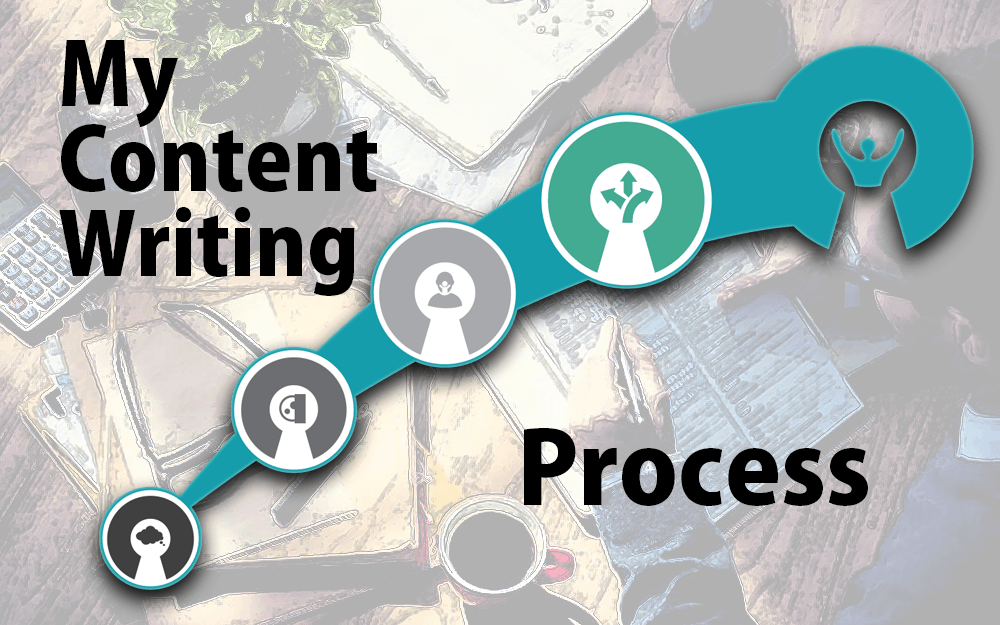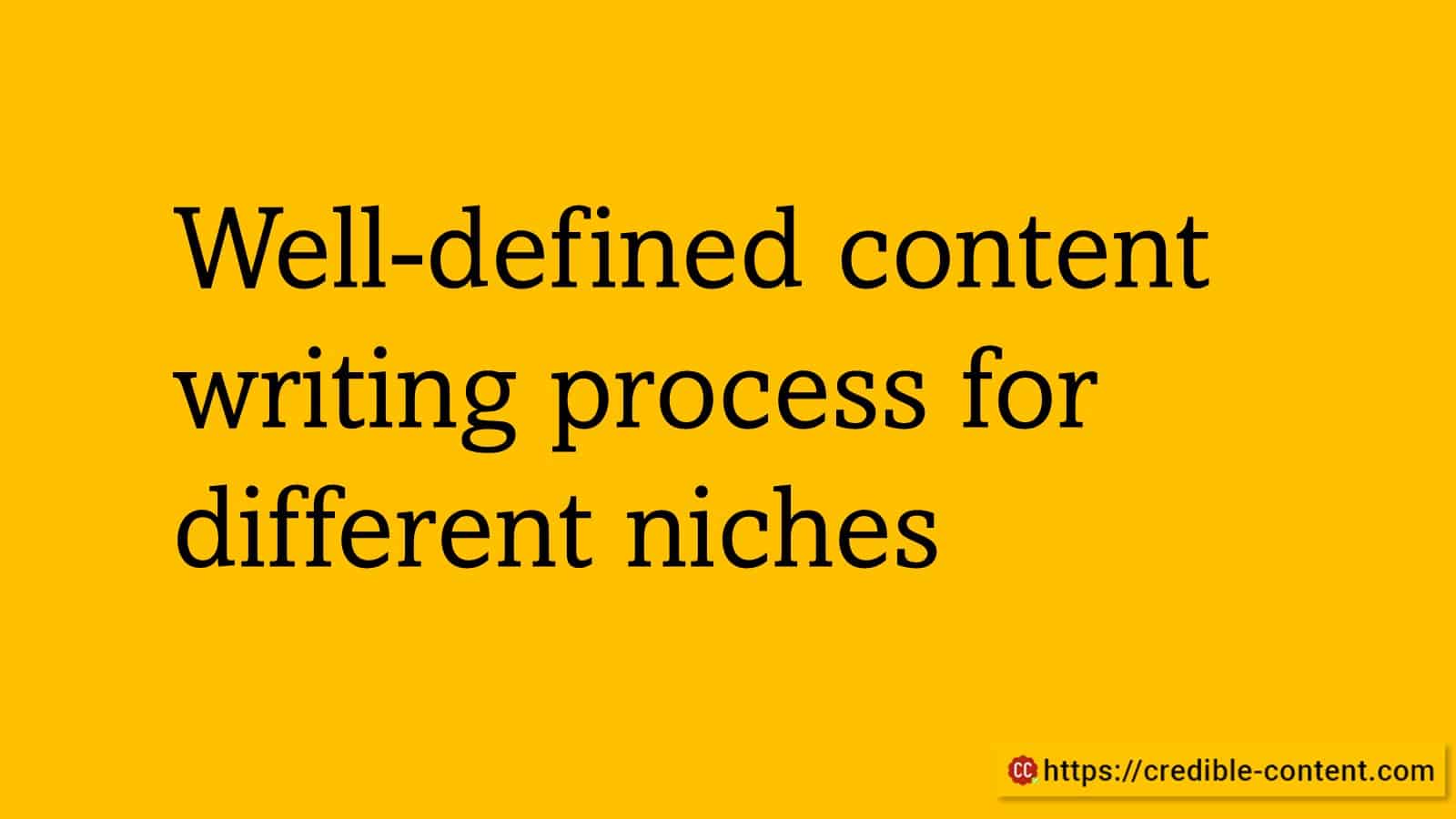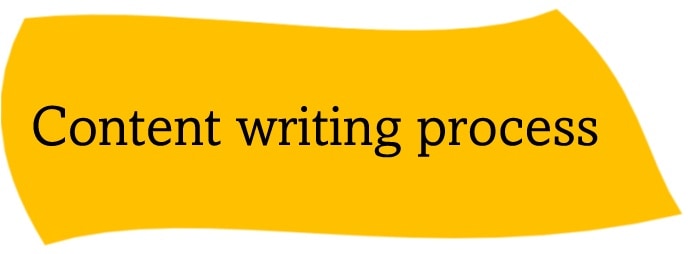Do you feel your content writing is making people fall asleep?
These pieces of advice can turn your boring content writing into an interesting piece of content:
- Tell a story
- Write a compelling headline
- Get to the point as fast as possible
- Make your writing easier to scan
- Use small and simple sentences with lots of white spacing
- Hook your readers with a captivating introduction
- Experiment with short form content
- Use active voice
- Write in the language of your readers
- Avoid redundant phrases and expressions
For your content to be interesting and persuasive, it should brim with excitement and fervor.
No matter how informative and well-researched your article or blog post is, if people are not enthused, if they are bored, they leave after reading a few lines.
I agree that boring and interesting are subjective.
In a study conducted by Digital Marketing Community, 98% of the respondents who were surveyed said that written content is the most used type of content in the marketing industry.
Yet, one in three marketers admitted that the content is not effective.
It means there is lots of content out there that is boring and uninspiring.
Very little interesting content writing.
Some content writing that may seem boring to one reader may seem quite interesting to another.
Maybe some people are just interested in hard facts and useful information.
It doesn’t matter how that information is presented.
Nonetheless, as a professional content writer, it is your job to make your writing engaging and interesting to cater to a wider audience.
Here are a few things you can do to make your seemingly boring content writing interesting.
1. Tell a story
Stories are always interesting.
A story brings in a human angle into your narrative.
Even when you tell stories about animals, we tell their stories as if they are humans – they talk like humans, they show emotions like humans, they behave like humans.
Yes, features are important, but along with telling the features of a TV, also tell how a new TV changes the viewing experience of a family that was getting disinterested in TV content.
Tell about Peter who was about to shut down his business and then how his business was saved with the help of an on-demand app.
Marketing and selling are all about emotion.
This Forbes article says that by telling a story, you can hit the emotional quotient.
The article further says that tell stories that are real, or at least tell stories that can evoke real emotions and feelings.
A story can instantly make your boring content writing interesting.
2. Write a compelling headline
If 100 people come to read your blog post or web page, 80 read just the headline and only the remaining 20 read the rest of your copy.
A headline makes people read the rest of your copy.
You need to get your headline right because your readers make their first impression about what you have written based on their perception of your headline.
If your headline does not move them, they will leave after reading just the headline.
Stay away from crafting fake headlines just to make them sound interesting.
Click bait may work for some publications, but for genuine businesses, “click-bait” headlines can be counterproductive.
Take care that your headline has the following qualities
- It portrays the usefulness of your content.
- It conveys urgency.
- It is unique and stands out among the crowd.
- It provides specific information – what you are delivering.
People at Buzzsumo analyzed the headlines of 100 million articles and drew some solid conclusions.
One of the conclusions is that the headline that has around 60-65 characters performs the best on not just search engines, but also on Facebook and Twitter.
I’m sure by headline they mean the meta title because that’s what is displayed on Google and social media websites when you post a link.
Your headline is the <h1> tagged caption that is actually displayed on your homepage with a big font.
The big-font caption can be as long as you feel like – just make sure it can be read in a single breath.
3. Get to the point as fast as possible
Many content writers, perhaps to create longer articles and blog posts, talk about everything but the main issue.
They will write 500-600 words before they come to the main agenda.
By that time people are bored.
Avoid long, rambling sentences.
Don’t fill up your article or blog post simply to write long form content.
Convey your main point in the first paragraph.
For example, if you are writing a blog post on 13 benefits of hiring a professional content writer, you don’t need to first explain who a content writer is and what a content writer does.
People who want to read about the benefits of hiring a professional content writer already know who a content writer is and what a content writer does.
I’m not saying that you should reduce your blog post to its bare bones, but the points that can be omitted, omit them.
4. Make your writing easier to scan
Divide different sections under subheadings.
Craft your subheadings in a manner that they tell the reader what is followed in the smaller text.
For example, in the subheading “Make your writing easier to scan”, you can easily make out what the topic is about and then after that, it is up to you whether you want to read the remaining text or not.
Aside from subheadings, convey smaller points in bullet points.
- Bullet points are easier to read.
- They provide your reader something quick to read.
- They are easily scannable.
- You don’t even need to write complete sentences.
You can also use block quotes to highlight portions you don’t want your readers to mess.
5. Use small and simple sentences with lots of white spacing
As you can see in this blog post, every sentence has its own line or its own paragraph.
No line has more than one sentences.
This makes the blog post easier to read.
Long paragraphs having multiple sentences can be difficult to read and hence, after a while, they bore the reader.
Small sentences, of single lines, keep the readers interested.
Even if your content writing is not as interesting as you would like it to be, just because it is easier to read, people read.
6. Hook your readers with a captivating introduction
You may like to read: What is blog post introduction and how to write a great one?
After your headline, it is the first few lines that are responsible for making your readers read further.
These first few lines are the introduction of your article or blog post.
57% of the page viewing time is spent above the fold, according to a Nielsen Norman Group study.
Above the fold means the portion of the web page you have just loaded, and you haven’t scrolled down yet.
Below the fold, only 17% people read, and only the most determined people go beyond that.
So, whatever important point you want to make, make it in the introduction.
There is another thing I have started doing recently.
If you have a look at this blog post 10 advantages of hiring a professional content writer for your business, you will notice that I cover all the main points in a bulleted list in the beginning.
I have done that even for this blog post.
This gives a bird’s eye view of the entire blog post and makes it easier for people to decide if they want to read further.
They immediately know what points I’m covering.
7. Experiment with short form content
Although most of the SEO experts and digital marketers advise you to focus more on long form content (at least 1500-2000 words), you can also experiment with short form content – around 400-500 words.
This way you can write on highly focused topics.
You don’t beat around the bush.
Your readers don’t get intimidated by a seemingly never-ending stream of text.
There is no danger of information overload.
Since for every topic you are writing a new blog post or a new web page, you never run out of topics.
Smaller articles and blog posts are also easier to read on mobile phones.
Also, if you don’t get to the point, people leave midway, missing the whole idea of why they came to your article or blog post in the first place.
8. Use active voice
Content writing using lots of passive voice expressions becomes boring.
Active voice on the other hand makes your content writing interesting.
No, I don’t mean that merely using active voice makes your writing interesting, it is just that, it is easier to read and hence, people don’t get tired, and consequently, don’t get bored.
For example, instead of writing This blog post has been written by Amrit you write, Amrit wrote this blog post.
Instead of writing The dog has been taken to the vet, you can write They have taken the dog to the vet.
Instead of writing The coding will be done by our team, you can write Our team will do the coding.
This is a small thing, but if there are too many passive voice sentences and expressions in your writing, unknowingly, people get disinterested in your writing.
They are unable to make any connection.
9. Write in the language of your readers
It is important to have your own voice and your own style of writing.
But every professional content writer writes in the language of his or her readers.
This makes your writing comfortable.
If you need to use your mind to understand multiple words and sentences, it will tire you out.
On the other hand, if your content writing is smooth and easily understandable, reading becomes fast, and faster reading is usually interesting.
Avoid getting carried away with your own vocabulary and jargon.
You are not writing to impress anyone.
The purpose of your content writing is to prompt customers and clients into buying something or acting upon your call-to-action.
In my many blog posts I have suggested my readers to use simple language when writing content, but simple doesn’t mean oversimplifying your language.
Read other blogs and websites.
Study queries submitted on Google about your niche.
Observe words in the Google Suggests section.
Talk to your client.
Read reviews about similar products and services left by their customers and clients.
This way you can get the hang of what language or what expressions they use while talking about particular products and services.
10. Avoid redundant phrases and expressions
Redundant phrases and expressions are groups of words that are needless and even when you remove them, the sentence remains the same and in fact, becomes better.
For your content writing to be interesting, people should be able to read fast.
The more words they need to read, the more boring your writing becomes.
For example, consider the sentence:
The purpose of this app is to provide you directions even without an Internet connection.
You can remove “The purpose of”, and you can also remove “is to provide” and then rewrite the sentence as
This app provides directions even without an Internet connection.
Another example:
This document has been prepared to provide you an outline of our methodology.
It can be written as
This document provides you an outline of our methodology.
Another small example:
His arrival was an unexpected surprise.
Isn’t surprise always unexpected?
Therefore, you can rewrite the sentence as
His arrival was a surprise.
Use as many unnecessary words and expressions as possible to make your writing crisp.
Even when you’re writing about a boring product or service where there is nothing to talk about but descriptions and features, the points mentioned above can help you write text that is easier and faster to read.
When people can read your content writing with ease, they don’t lose interest.
They don’t feel exhausted.
Since your text is easier to read, they are not forced to abandon midway.


